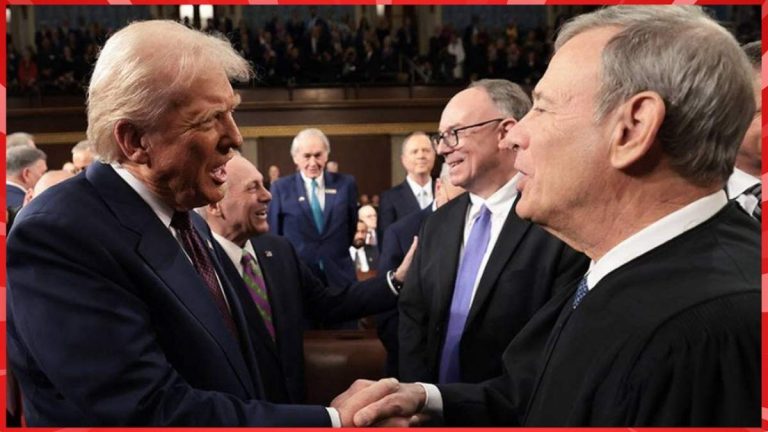The Trump administration has intensified its crackdown on international students involved in pro-Palestinian protests, leading to the revocation of over 300 student visas. This move has sparked significant controversy and raised questions about the legal and ethical implications of such actions.
Visa Revocations And Accusations
The administration has accused the targeted students of supporting terrorism or engaging in antisemitic conduct during protests, though no concrete evidence or due process has been provided. For instance, Rümeysa Öztürk, a doctoral student at Tufts University, had her visa revoked based on allegations of supporting Hamas, despite her only known activism being a co-authored op-ed in a student newspaper. Similarly, Mahmoud Khalil, a legal U.S. resident and Palestinian activist, was arrested and had his green card revoked due to his role in campus protests.
Use Of Facial Recognition Technology
Private groups and individuals have been using facial recognition technology to identify and report student protesters. Eliyahu Hawila, a software engineer, developed a tool called NesherAI that identifies masked protesters from images and videos. This technology has been used to identify and report students to the administration, leading to several arrests and deportations.
Legal And Ethical Concerns
The actions taken by the Trump administration raise critical constitutional questions about the rights of noncitizens to free speech. While the First Amendment protects free speech for both citizens and noncitizens, its application in the context of immigration is less clear. The Supreme Court has upheld deportations of noncitizens for political activities in the past, but it has also protected free speech rights in other cases.
Impact On International Students
The crackdown has caused significant anxiety among international students, who fear that their activism could jeopardize their legal status. Universities across the country have reported visa revocations, with several students either arrested or choosing to “self-deport.” For example, Harvard University revealed that the visas of three students and two recent graduates had been revoked. Other universities, including Stanford, UC Berkeley, and UCLA, have also seen similar actions

